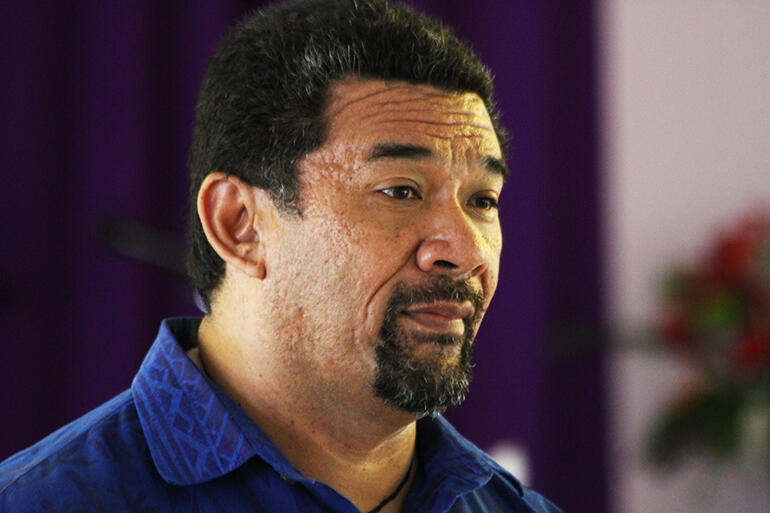
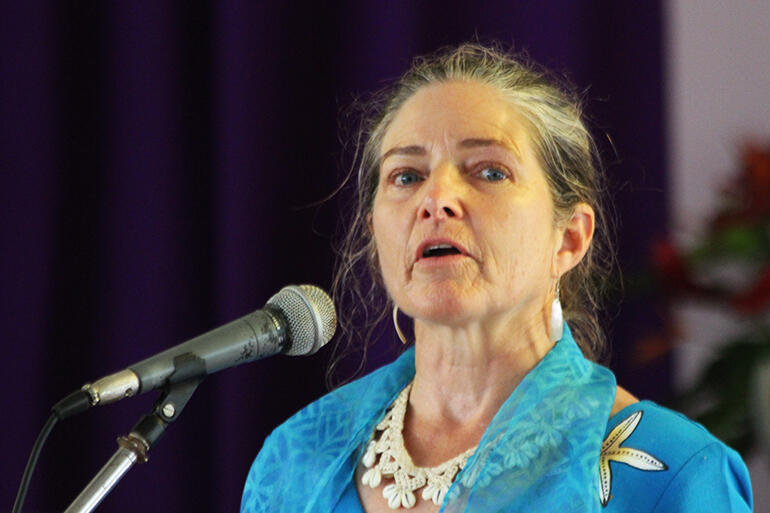
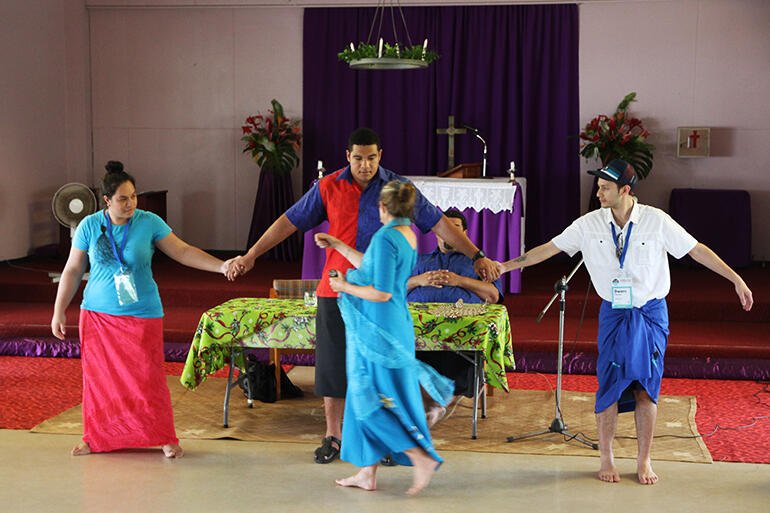
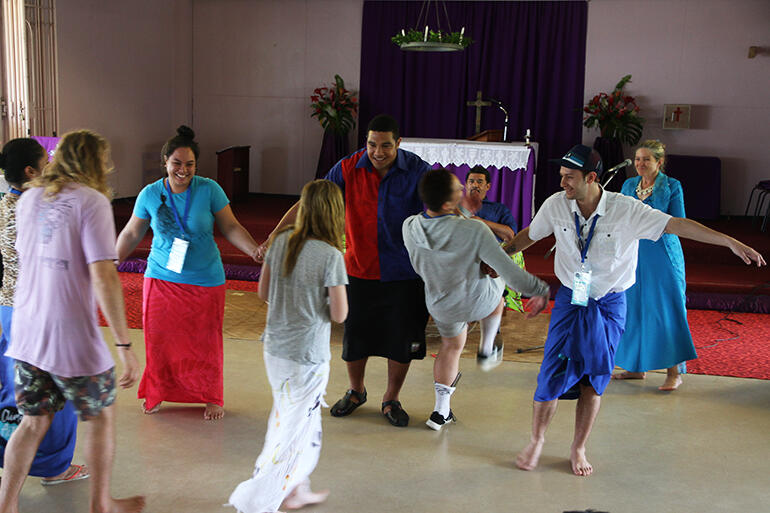
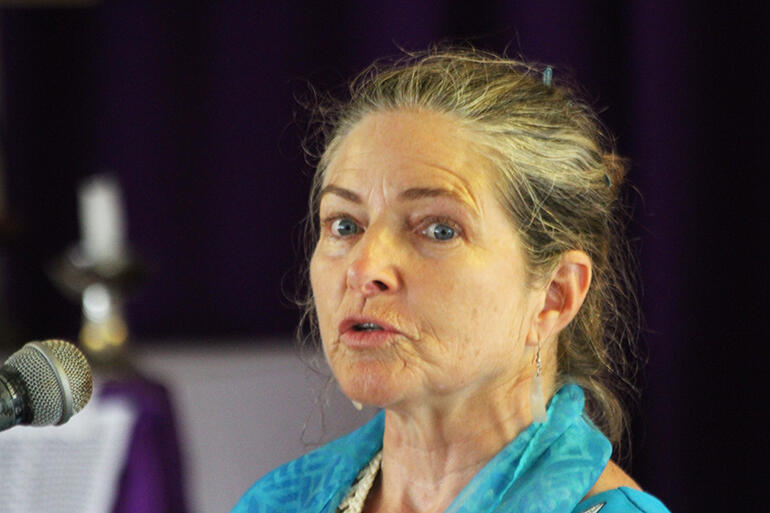
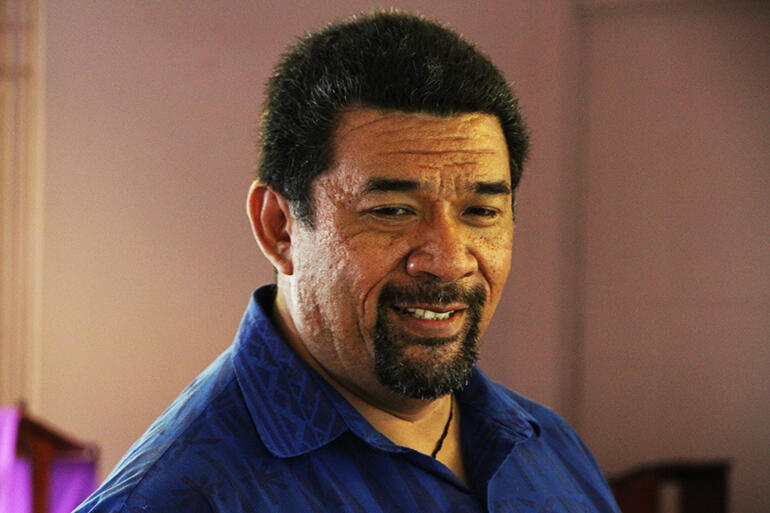
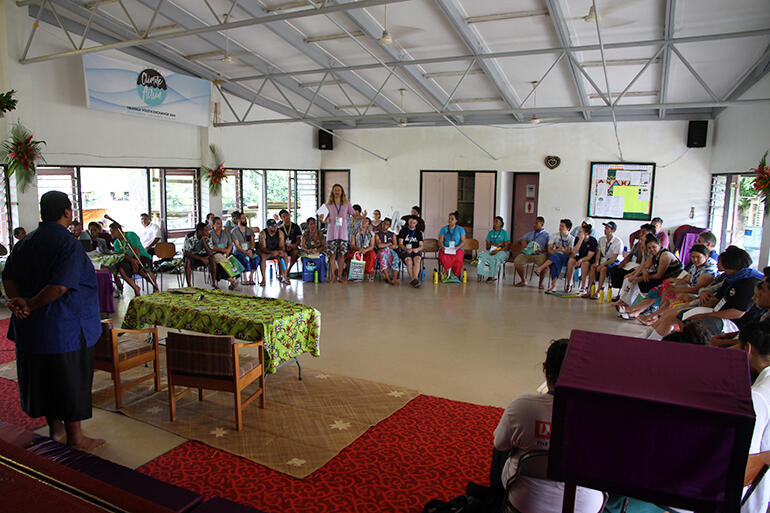
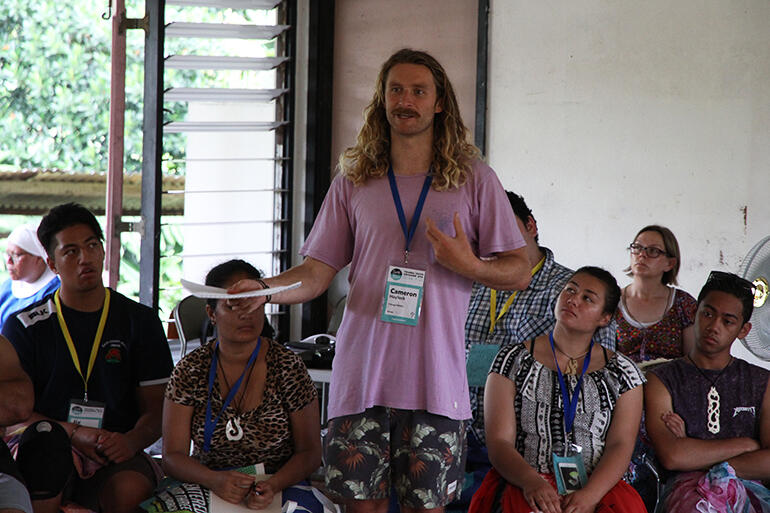
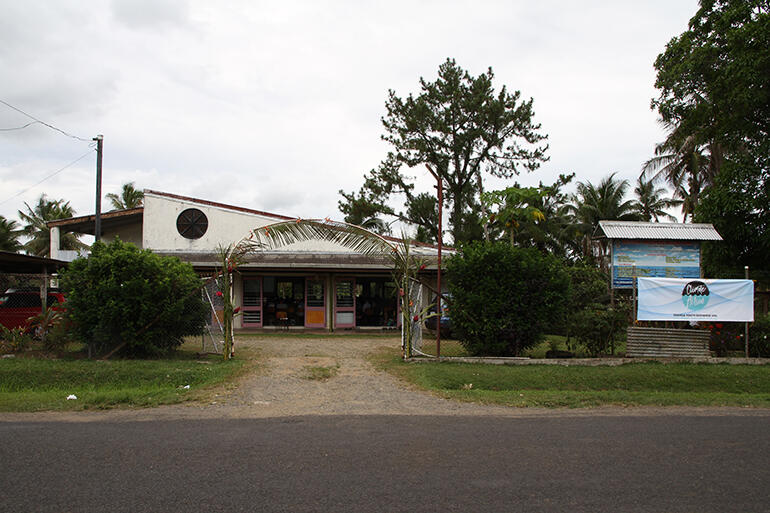
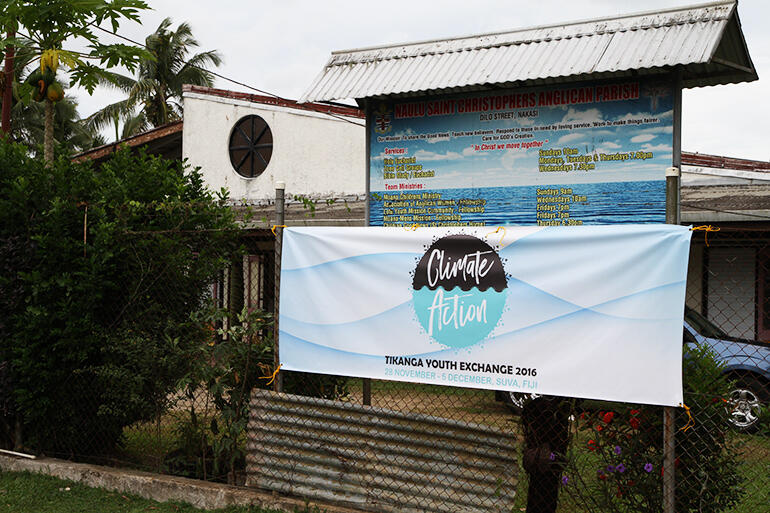
In the wake of two Category 5 cyclones in 12 months, this year’s General Synod formally commissioned the Anglican Missions Board to devise a strategy to strengthen the church’s response to natural disasters in the Pacific Islands.
And it made a commitment to “engage and empower” young people from the three tikanga “to be involved at every level of visioning, strategic planning and implementation around building resilience and disaster preparedness.”
The resolution also talked about forming a cadre of “church community trainers” to teach parish youth groups about disaster preparedness.
This year’s Tikanga Youth Exchange, which got underway yesterday in Suva, is about grasping that nettle, and delivering on those commitments.
It’s about helping young people get a fix on what's happening – and the parts they could play in holding back climate change.
It's also abou preparing them to be at the sharp end when disasters strike, and reducing the devastation caused by the likes of Cyclones Pam and Winston, which killed about 60 people in Vanuatu and Fiji, trashed hundreds of communities, and caused untold economic turmoil.
Fei Tevi brought that motion to General Synod on behalf of the Diocese of Polynesia.
And today he suggested that cadre of “church community trainers” role would come naturally to young people in the islands – because that’s work they’ve been doing for generations past.
“When a cyclone is looming, the young ones are sent out: ‘Go and see that your grandmother is all right.
“Check on your aunties. Look out for the vulnerable older ones.”
“Make sure they’ve got enough food and water to get through this.”
And if the old people’s home looked too rickety to withstand the coming blast, then it was the young person’s job to lead them to a better, sturdier shelter – which in the Pacific Islands, invariably means the church.
But with the passing of time, those traditions had become eroded, said Fei – and there was the need now to get systematic. To plan and prepare, to identify vulnerabilities, and to move into effective action well ahead of disaster looming.
This afternoon, the young people began to go deeper into what that could mean, with a lecturer from the University of the South Pacific introducing the ‘integrated vulnerability assessments’ the USP is doing in many island nations.
#
This morning’s keynote speaker removed any doubt of the gravity of the challenges that lie ahead for young people.
Professor Beth Holland is the University of the South Pacific’s Director of the Pacific Centre for Environment and Sustainable Development, and also the university’s Professor of Climate Change.
She spoke of how she’d started her science studies in 1989 – and how they’d culminated for her when she led a Pacific team to COP21, the 2015 Paris climate change conference.
Professor Holland explained that she has two young daughters, and at Paris she felt she’d also became “an earth mother” – because the planet is in need of urgent, tender care.
Unless drastic change happens soon, she said, her daughters – and the young people at the Tikanga Youth Exchange – would experience cataclysmic environmental change in their lifetimes.
She said that if planet temperatures rose another two degrees Celsius above pre-industrial levels, this could lead to ‘multi-metre sea level rise by mid-century.”
She showed film footage of sea water sloshing across the town of Majuro, which is the capital of the Marshall Islands. In the last two years, she said, Majuro had been flooded 15 times by storm surge.
Professor Holland also said that the rate of temperature increase had levelled off in the last three years – but that had been caused by economic slowdown, she said, rather than by effective climate change policies.
On the other hand, if climate change could be slowed to 1.5 degrees Celsius above industrial levels, the global economy would save $1 trillion per year.
#
The science may be unequivocal and the Marshall Islands almost submerged – but not everyone there is buying climate change, says Fei Tevi.
Fei, who is a trained diplomat, was recently lecturing about climate change in Majuro.
And he was challenged by a young man who said: “Sorry, Sir: but I don’t believe you.
“God made a covenant with Noah not to flood the earth again.
“The Marshall Islands is a Christian country, and God will protect us.”
Fei hadn’t seen that one coming – and he had to think on his feet.
His on-the-spot response was that yes, that God made a covenant – but that covenants are agreements between two parties.
“So how can we desecrate God’s gift - yet expect him to keep his part of the bargain?”
Fei offered a second argument, too. Yes, God had promised not to flood the earth again by opening the heavens, and causing incessant rain.
He hadn’t said anything about inhibiting floods that come from rising sea levels.
#
The learning part of the youth exchange will conclude on Friday and Saturday, with two days of visits to Maniava, the Anglican koro three hour's north of Suva which was flattened by Cyclone Winston.







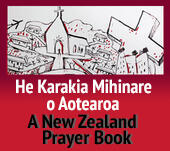


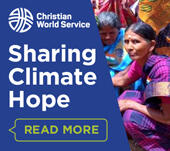
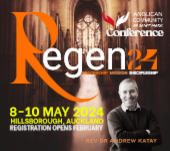
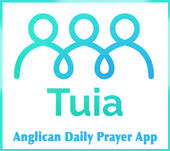




Comments
Log in or create a user account to comment.